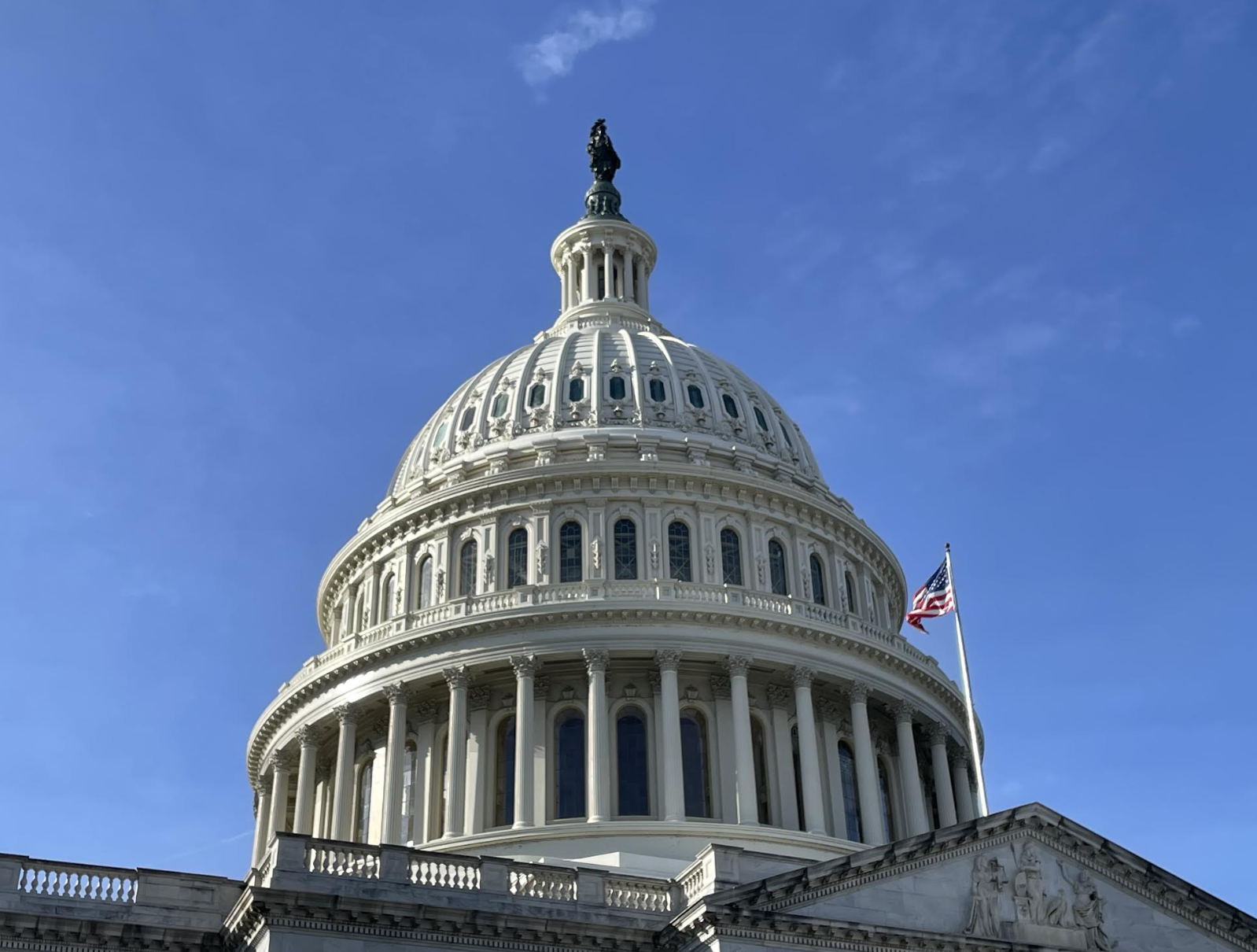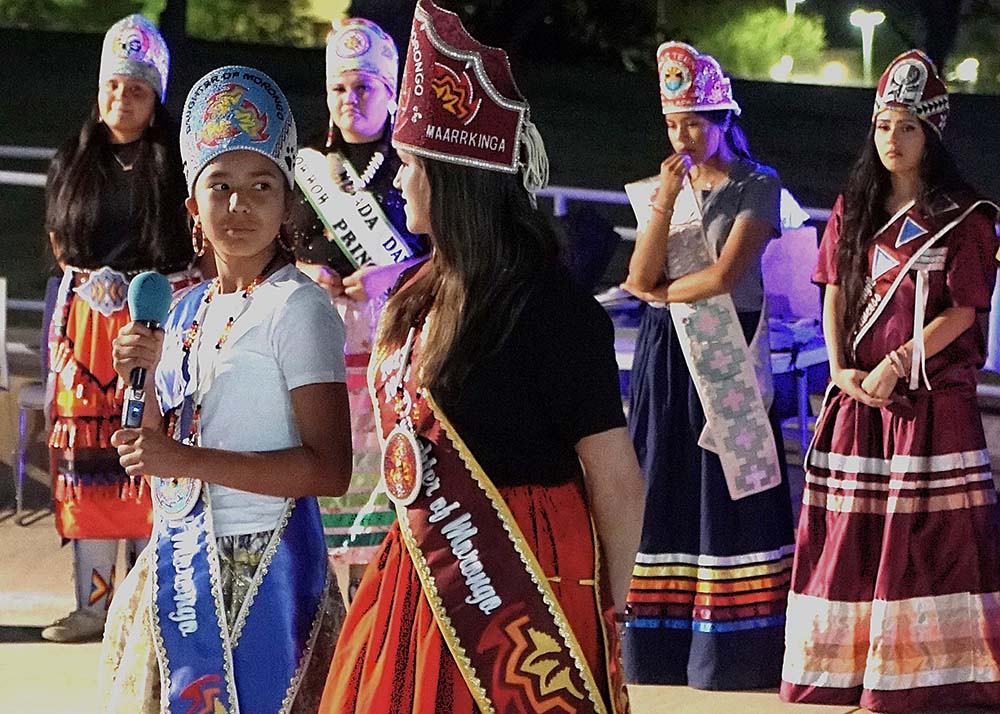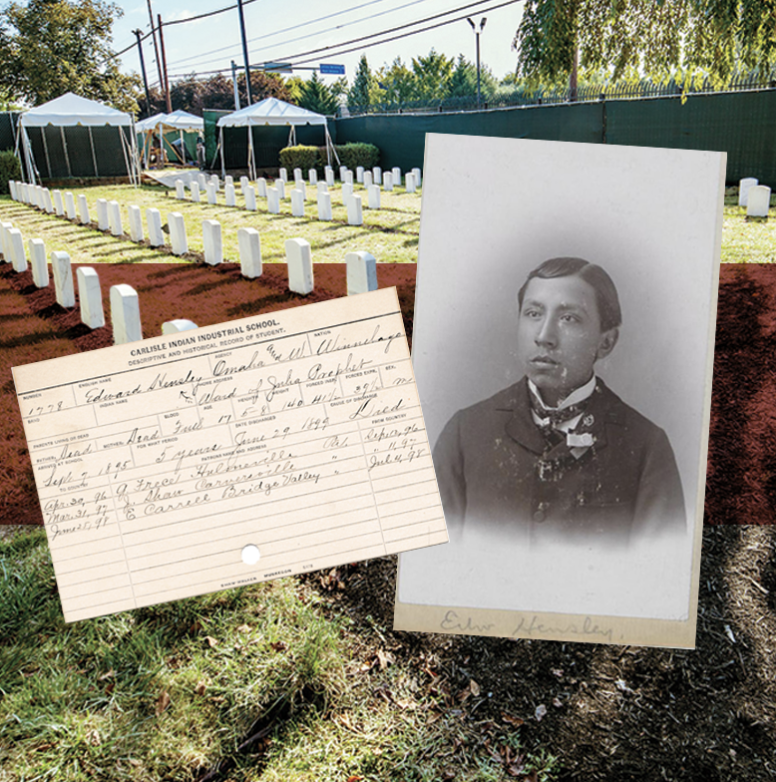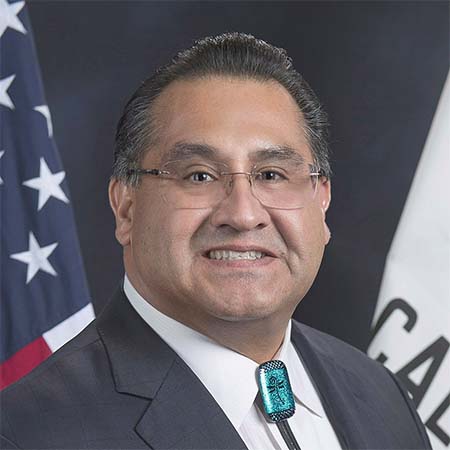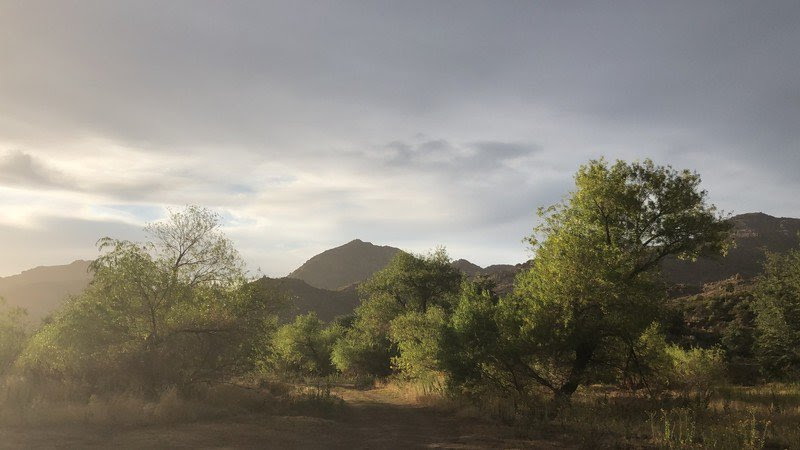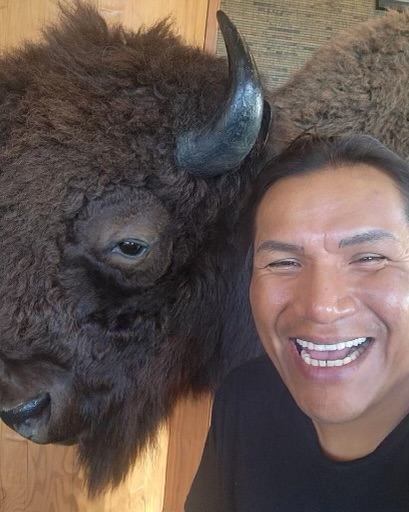
- Details
- By Kaili Berg
In the heart of Minneapolis, Minnesota, Jase Roe (Northern Cheyenne), known affectionately as Auntie J, has transformed his life from a turbulent past of addiction and adversity to becoming a glimmer of hope and healing for his online community.
“Good morning,” he warmly greets his followers in one of his morning smudge videos. “Remember, every day is a new chance to heal and grow. We’re all in this together.” Through his heartfelt messages and rituals, Auntie J inspires thousands on their journey to recovery and self-discovery.
From a young age, Roe faced the harsh realities of addiction within his family. His mother’s experience in Indian boarding school, where cultural suppression was enforced, deprived Roe of his heritage and identity.
“I wasn't raised with our traditions, culture, or even taught about my tribe's history because my mom wasn’t allowed to speak our language or practice our traditions due to her boarding school experience,” Roe told Native News Online.
Growing up as one of the few Native children in his suburban school, Roe encountered isolation and bullying, which, coupled with normalized substance use in his family, led him down a perilous path. By the age of 12, he had started drinking, and by 18, he had escalated to hard drugs.
Roe’s turning point came at 37. After several friends passed away or were sentenced to prison, he decided to confront his addiction and seek sobriety. Encouraged by supportive peers at the Thunderbird Wren House, Roe found solace and camaraderie among fellow Natives striving for recovery.
“For the first time, I was surrounded by other Natives who wanted to be sober and change their lives,” Roe said. “This experience changed my life. The people there treated me so kindly and welcomed me like family.
In the decade since embracing sobriety, Roe has earned his GED, pursued higher education, and became a certified drug and alcohol counselor.
Watching his community struggle with addiction and homelessness motivated Roe to make a positive difference, which led him to a meaningful career at the Native American Community Clinic in South Minneapolis, where he focuses on harm reduction and supporting others on their recovery journeys.
A pivotal aspect of Roe’s journey has been his presence on TikTok. Known as @auntiejase, Roe started his TikTok account during the COVID-19 pandemic. Initially, his videos focused on daily coffee chats and meditation sessions to connect with others, support them, and discuss recovery and spirituality. Since, Roe has garnered over 316,000 followers and 6.2 million likes on his account. His videos range from morning smudges, meditation readings, to discussing recovery and spirituality.
As Roe’s following grew, so did the impact of his content. He began going live daily, starting with a smudge to bring peace, reading morning meditations, and hosting coffee talks. People started to enjoy these sessions, reflected by a steady growth in his TikTok following.
“I received messages from people on reservations or those struggling, saying how my meditations helped them feel less alone, start their healing journey, or get into treatment,” Roe said. “It’s amazing to think that something I’m doing can have such a positive impact on others.”
Looking forward, Roe aims to expand his platform through verification, a process where social media platforms confirm the authenticity of an account by awarding it a blue checkmark. This verification not only protects against impersonation but also ensures his voice reaches those who need it most.
“I believe verification will help people know they're getting the real Auntie J's,” said Roe. “It's crucial because I don't want anyone to get harmed or misled by fake accounts. Many people reach out to me for advice or help with their situations, and if they're interacting with a fake account, they're not really getting my guidance.”
Roe plans to expand Auntie J’s as a brand, organize retreats, and increase his speaking engagements to discuss spiritual recovery as an Indigenous Two-Spirit person.
“This is just the beginning. I have an amazing team supporting me, and we're eager to see where this journey takes us,” said Roe.
With each TikTok video and every counseling session, Auntie J continues to light the way forward, one message of hope at a time.
“My journey is about more than personal recovery; it’s about creating a supportive community where everyone feels valued and understood,” he said. ”Together, we can rewrite the narrative and build a future where cultural pride and healing go hand in hand.”
More Stories Like This
Angeline Boulley’s Sisters of the Wind Lands on New York Times Bestseller ListEiteljorg Museum to Release Native-Led Art Book In the Company of Our Relatives
STILL HERE: A Celebration of Native Identity and Continuity Through Dance
Museum Under Fire for Censoring Pro-Palestine Mural
Turtle Island Remembers Graham Greene
Help us tell the stories that could save Native languages and food traditions
At a critical moment for Indian Country, Native News Online is embarking on our most ambitious reporting project yet: "Cultivating Culture," a three-year investigation into two forces shaping Native community survival—food sovereignty and language revitalization.
The devastating impact of COVID-19 accelerated the loss of Native elders and with them, irreplaceable cultural knowledge. Yet across tribal communities, innovative leaders are fighting back, reclaiming traditional food systems and breathing new life into Native languages. These aren't just cultural preservation efforts—they're powerful pathways to community health, healing, and resilience.
Our dedicated reporting team will spend three years documenting these stories through on-the-ground reporting in 18 tribal communities, producing over 200 in-depth stories, 18 podcast episodes, and multimedia content that amplifies Indigenous voices. We'll show policymakers, funders, and allies how cultural restoration directly impacts physical and mental wellness while celebrating successful models of sovereignty and self-determination.
This isn't corporate media parachuting into Indian Country for a quick story. This is sustained, relationship-based journalism by Native reporters who understand these communities. It's "Warrior Journalism"—fearless reporting that serves the 5.5 million readers who depend on us for news that mainstream media often ignores.
We need your help right now. While we've secured partial funding, we're still $450,000 short of our three-year budget. Our immediate goal is $25,000 this month to keep this critical work moving forward—funding reporter salaries, travel to remote communities, photography, and the deep reporting these stories deserve.
Every dollar directly supports Indigenous journalists telling Indigenous stories. Whether it's $5 or $50, your contribution ensures these vital narratives of resilience, innovation, and hope don't disappear into silence.
 The stakes couldn't be higher. Native languages are being lost at an alarming rate. Food insecurity plagues many tribal communities. But solutions are emerging, and these stories need to be told.
The stakes couldn't be higher. Native languages are being lost at an alarming rate. Food insecurity plagues many tribal communities. But solutions are emerging, and these stories need to be told.
Support independent Native journalism. Fund the stories that matter.
Levi Rickert (Potawatomi), Editor & Publisher


